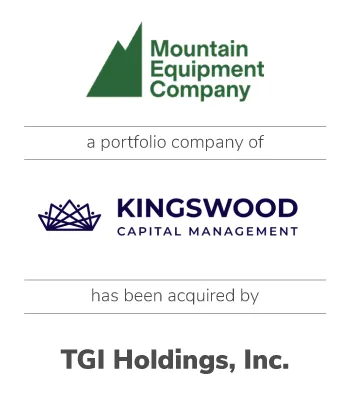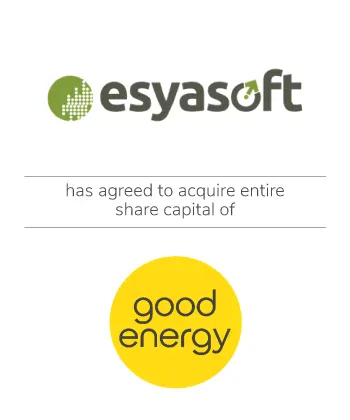Forms of Direct Government Investments
Direct investments by the government in public and private companies will be made through a variety of instruments. These can include the acquisition of subordinated debt instruments, hybrid bonds, profit participation rights, silent partnerships, convertible bonds, the acquisition of shares in companies and the assumption of other components of equity in these companies, if this is necessary for the stabilization of the company. After successful stabilization, a timely exit by the government under “market standard” conditions is envisaged.
Lessons Learned From Last Financial Crisis – Similar Initiatives Observed and Expected in Several Countries
The experience of the German government with the previous financial crisis in 2008 and in particular the comparison with the U.S. Troubled Asset Relief Program (TARP), has led to stricter investment criteria and higher yield expectations. The U.S. was able to generate profits equivalent to just over USD 121 bn through completed state exits. It can be assumed that stricter investment criteria will likely lead to intense negotiations around financial considerations companies will receive when transacting with the government.
Corporate Boards Will Face Intense External Scrutiny and Potential Shareholder Disputes
A state investment would not remain without impact on existing shareholders and future corporate governance. It is therefore important that corporate boards are convinced to act appropriately in the interests of their shareholders. The management and supervisory boards will have to make existential decisions about the future of the company that are going to be subject to intense external scrutiny. In pursuing the best interests of the company, boards must deliberate on these complex corporate transactions in sub-optimal circumstances.
Fairness opinions are a predestined instrument in these challenging situations to support the company’s board with an “independent assessment” of the financial fairness of the transaction. The importance of an independent expert opinion is elevated in these situations in the absence of a market clearing mechanism (e.g. no auction process). Board decisions need to withstand the most rigorous scrutiny in these situations. An independent fairness analysis and opinion will help boards of directors assess these transactions and fulfil their fiduciary duties.











